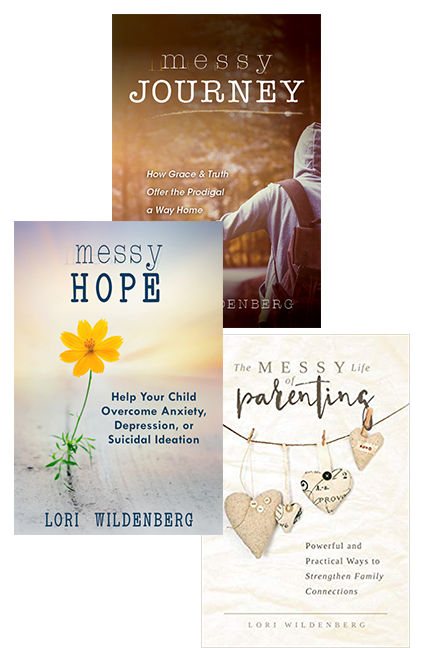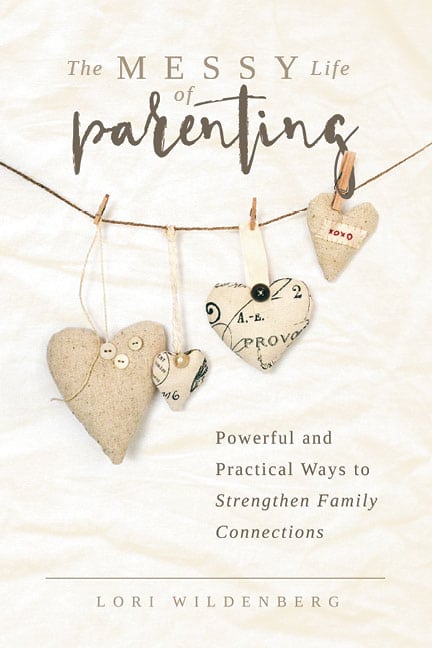
Most parents agree that media violence has the potential to have a negative effect on kids. The place where we part ways is each one’s particular line in the sand. How much it too much? What is acceptable? What must be avoided?
These 5 ways will assist you in your quest to protect your child’s heart, mind, and soul from violent media images: Principle stated, Protection provided, Prepare through practice, Process together, and Problem-Solve potential scenarios.
- Principle Stated
The best place to start is to intentionally determine your family values and state it in a principle that your children can understand. “In our family, we watch shows or play games that are ___________” (fill in the blank with your specific family principle. For example: honor God, G or PG rated, mom or dad approved). Include guidelines on language, violence, and sexual content. Create limits for screen time. - Provide Protection
Protect your children by applying your family principle to those things you can control; like games you purchase, shows you watch. State your family practice as you do this. “We will choose to go to this movie because it fits with our family values.” or “We are going to see________ because it will be a fun/ funny/ entertaining movie.” Next articulate your family principle. This gives your children the “why” and the “what” around appropriate content. - Prepare through Practice
The toughest thing is –our kids don’t live in a bubble. We can not protect them from all negative influences. Due to this our kiddos need to know how to handle a situation when they are at someone else’s home (one that holds a different family principle) and what to do when faced with a situation where values conflict. This can be awkward. Even if our kids are prepared, this it is still uncomfortable. Talk with your children about that feeling of discomfort and the fear of not pleasing a friend. Communicate the upside–“This will strengthen your ability to speak up in hard moments” by doing this you show you believe in your child’s ability to deal with awkward situations and their confidence will grow. Practice: “My mom wouldn’t want me to watch this” or offer an alternative “Let’s a play a game instead.” - Process and unpack what has been seen with your kids. Don’t overreact when this happens. Your kids will more than likely see things you don’t approve of. Deal with this calmly. If you get upset, they are unlikely to tell you if it happens again. When children are exposed to things we wish they hadn’t been, we need to stay cool while we address the issue rather than be silent and avoid discussing it. If we don’t help our children filter and synthesize their experience they are left to their own devices to draw conclusions. The impact and even the allure of the negative images influence will be lessened if talked about with your child.
- Problem-Solve Avoid creating an environment where your children feel they need to cover up or lie about seeing or listening to something that wouldn’t fit within the family guidelines. Rather than allowing them to feel shame if they watched a show or played a game that was outside your family guidelines use this as an opportunity for training. Perhaps peer pressure was involved. Empower them to manage challenging peer pressure moments differently. Train rather than shame your kids for seeing something that doesn’t match your family principles, values, and faith.
Train your kids to think and evaluate content. Allow them to room to make some decisions regarding what is worth watching. If we assist our kids in growing their discernment muscle, they will be able to make wise choices when they are out and about in the world. When we state our family principles, provide protection, prepare through practice, process the visual experience, and problem-solve our children will be ready to make wise choices regarding what they choose to expose themselves to–even when–especially when– we are not around to supervise. Our kids are sure to encounter moments where they must make a choice and these 5 ways will empower and equip them. We can’t protect our kiddos all the time so we must prepare them.
I will set no worthless thing before my eyes.
Psalm 101:3



